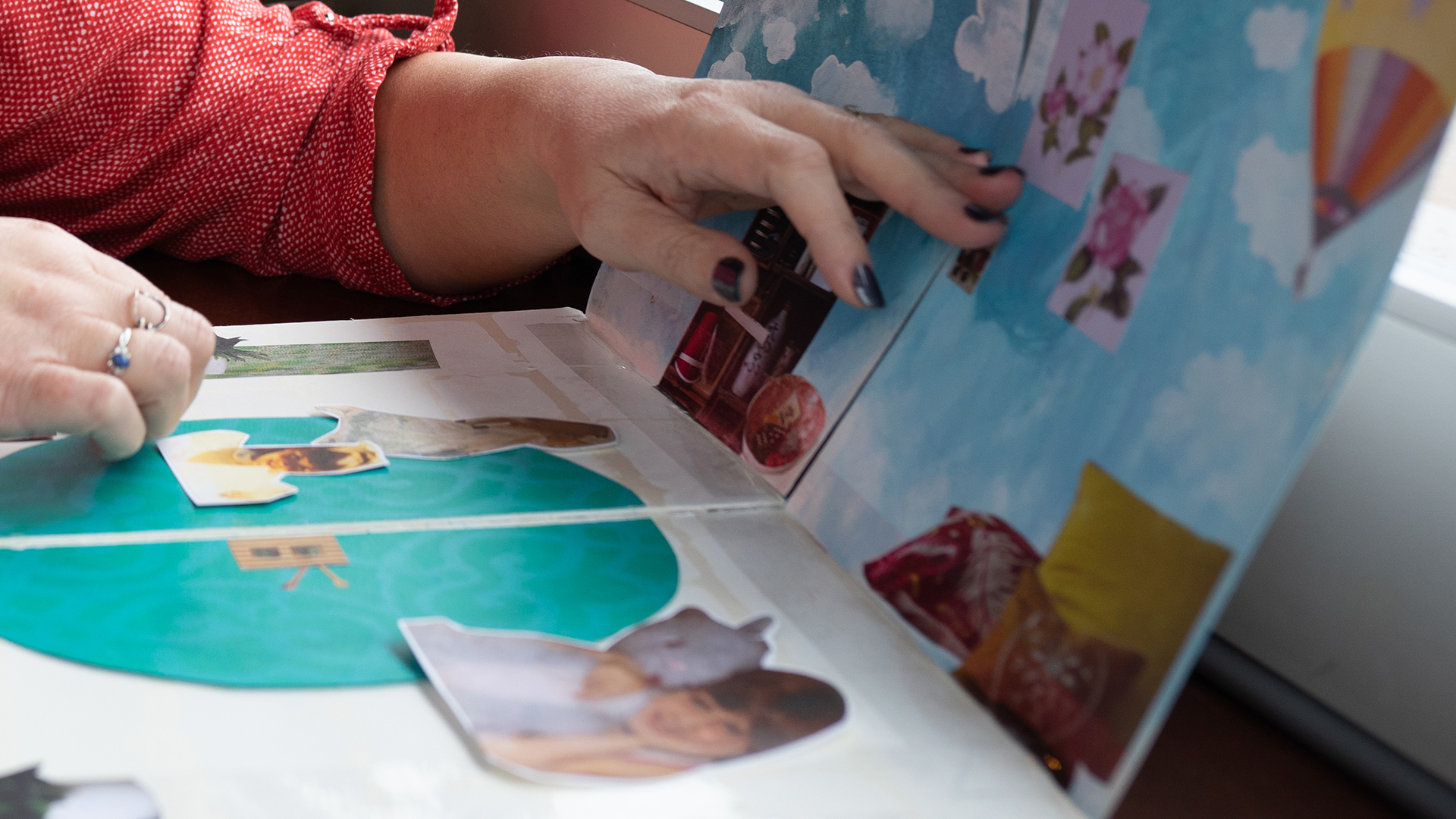It is true that trauma can affect us all mentally, emotionally, and physically. But that’s not the end of the story. Resilience is the ability to return to being healthy and hopeful after bad things happen. Research has shown that resilience is ordinary, not extraordinary. People commonly demonstrate resilience and it can be learned and developed in anyone.
What is Resilience?
There are many factors that influence a person’s ability to become resilient through adverse experiences, and that involves a lot of support from the people and community around us. Below is a graphic that shows some of the main things we need to be able to develop resilience: a meaning or purpose in life, positive emotions, social support, coping skills, and physical wellbeing. Even having one of these things will highly increase the ability to develop resilience.




DARS Resilience Survey
These questions don’t give you a “score” like the ACE quiz does, but they will help you learn about what factors affect resilience. All of the questions are pieces of resilience, so a “yes” answer means you’re implementing these tools to build resilience. A “sometimes” answer means you could work towards implementing this particular piece more. A “no” answer means you should look at adding this to your life to help you boost your resilience.
DARS Resilience Survey
These questions don’t give you a “score” like the ACE quiz does, but they will help you learn about what factors affect resilience. All of the questions are pieces of resilience, so a “yes” answer means you’re implementing these tools to build resilience. A “sometimes” answer means you could work towards implementing this particular piece more. A “no” answer means you should look at adding this to your life to help you boost your resilience.



